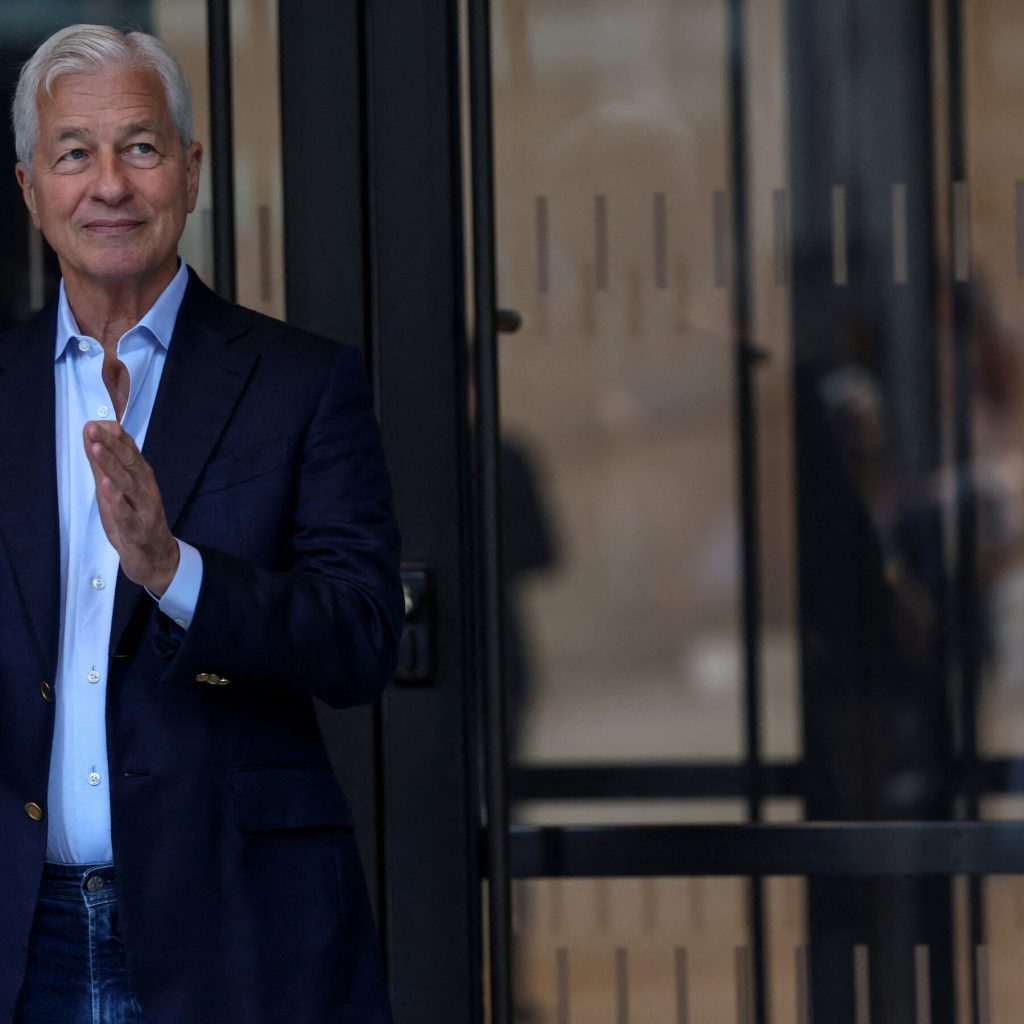Deadly Blasts in India and Pakistan Heighten Regional Tensions
Two unprecedented explosions, one in New Delhi and one in Islamabad
On Tuesday morning, powerful explosions rocked the capitals of India and Pakistan, leaving dozens injured and sparking a wave of alarm across South Asia. While investigators have not yet established a direct link between the two incidents, the timing has raised concerns that the attacks could be part of a coordinated campaign.
New Delhi was shaken by a massive blast outside a busy market in the city’s Old Town district. Witnesses described a deafening roar followed by a column of smoke that rose for several minutes. “It felt like the whole street was ripped apart,” said Rohit Sharma, a shop owner who was inside the premises at the time. Emergency services rushed to the scene, transporting at least 23 people to nearby hospitals, with several in critical condition.
Meanwhile, Islamabad experienced a similar detonation near the central government complex. The explosion caused significant structural damage to nearby buildings and resulted in the evacuation of thousands of civil servants. Authorities reported 18 injuries, most of them minor, but the psychological impact on the city’s residents was palpable.
Speculation of blame and diplomatic fallout
Both governments have launched parallel investigations, but the lack of immediate evidence linking the attacks has fueled speculation that each side may attempt to assign responsibility to the other. “In the current climate, any major incident is likely to be politicized,” warned Dr. Ayesha Khan, a senior analyst at the South Asian Policy Institute.
The recent history of military skirmishes along the Line of Control, which escalated into a brief but intense confrontation last year, adds a layer of tension to the situation. International observers worry that the two nations could slip back into a cycle of retaliation, jeopardizing regional stability.
International reaction
The United Nations quickly issued a statement urging restraint and calling for a thorough, transparent investigation. UN Secretary‑General António Guterres emphasized the need for “cooperation, not confrontation,” and offered technical assistance to both countries.
Neighbouring states, including Bangladesh and Sri Lanka, have also expressed concern, urging both capitals to avoid inflammatory rhetoric that could exacerbate an already volatile environment.
What lies ahead?
As forensic teams collect evidence and intelligence agencies share information, the world watches closely for any signs of escalation. The coming days will be crucial in determining whether the blasts become a catalyst for diplomatic dialogue or a flashpoint for further conflict.





